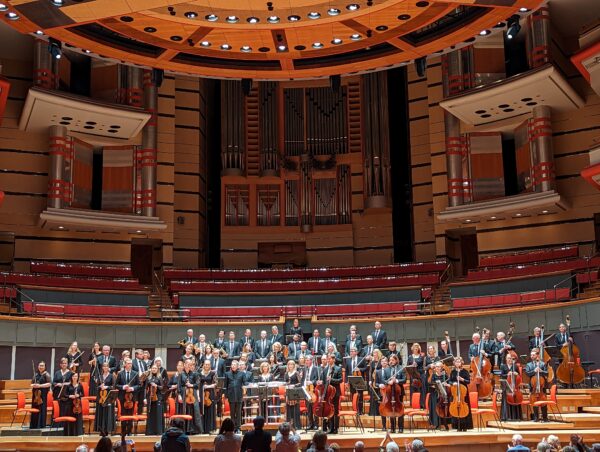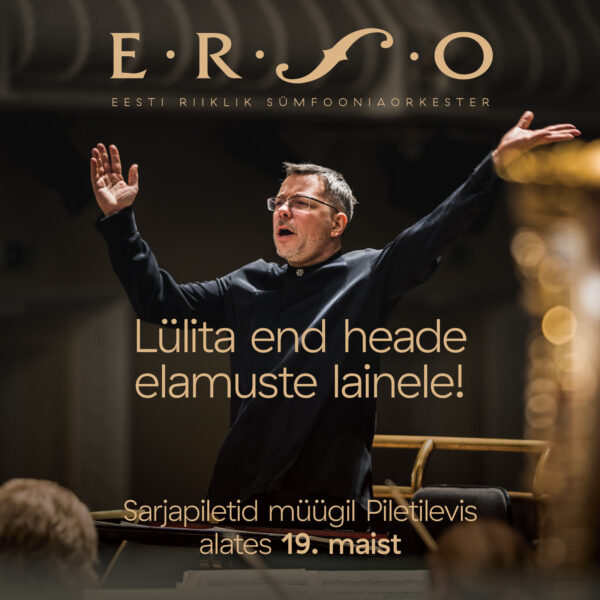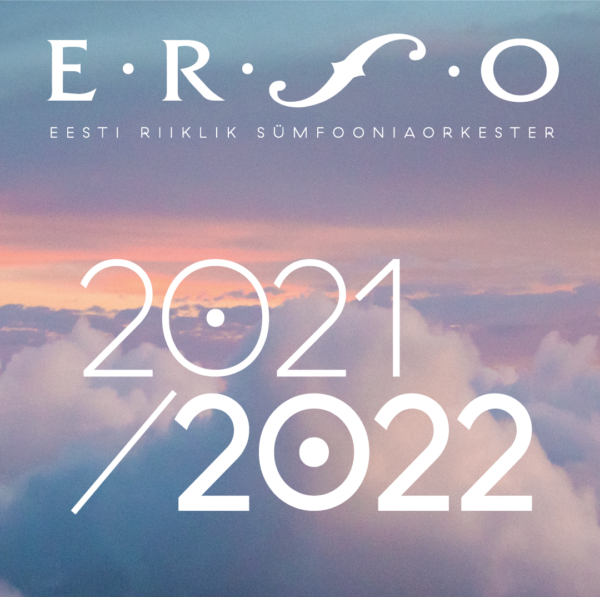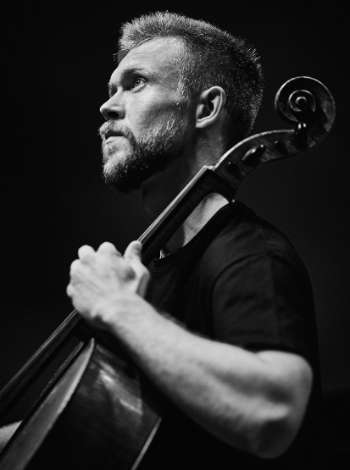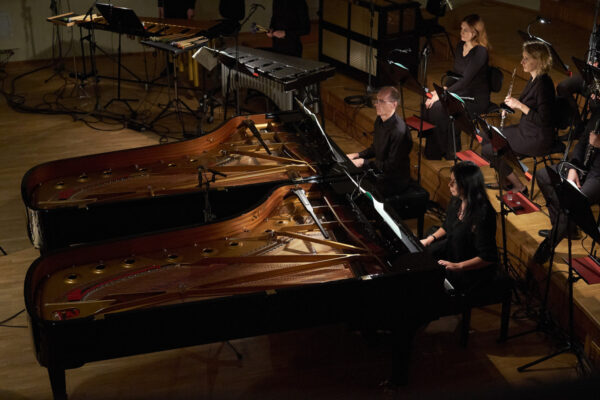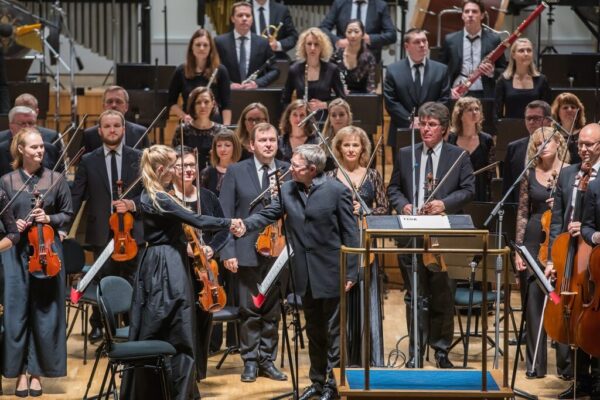Kontserdid
- 24.08.25 at 12:00 - Viimsi Artium
- 30.08.25 at 19:00 - Põhjala tehase suur angaar
- 02.09.25 at 18:00 - Tartu Pauluse kirik
- 03.09.25 at 19:00 - Estonia Concert Hall
- 09.09.25 at 18:00 - Paide E-Piim Spordihall
- 11.09.25 at 19:00 - Estonia Concert Hall
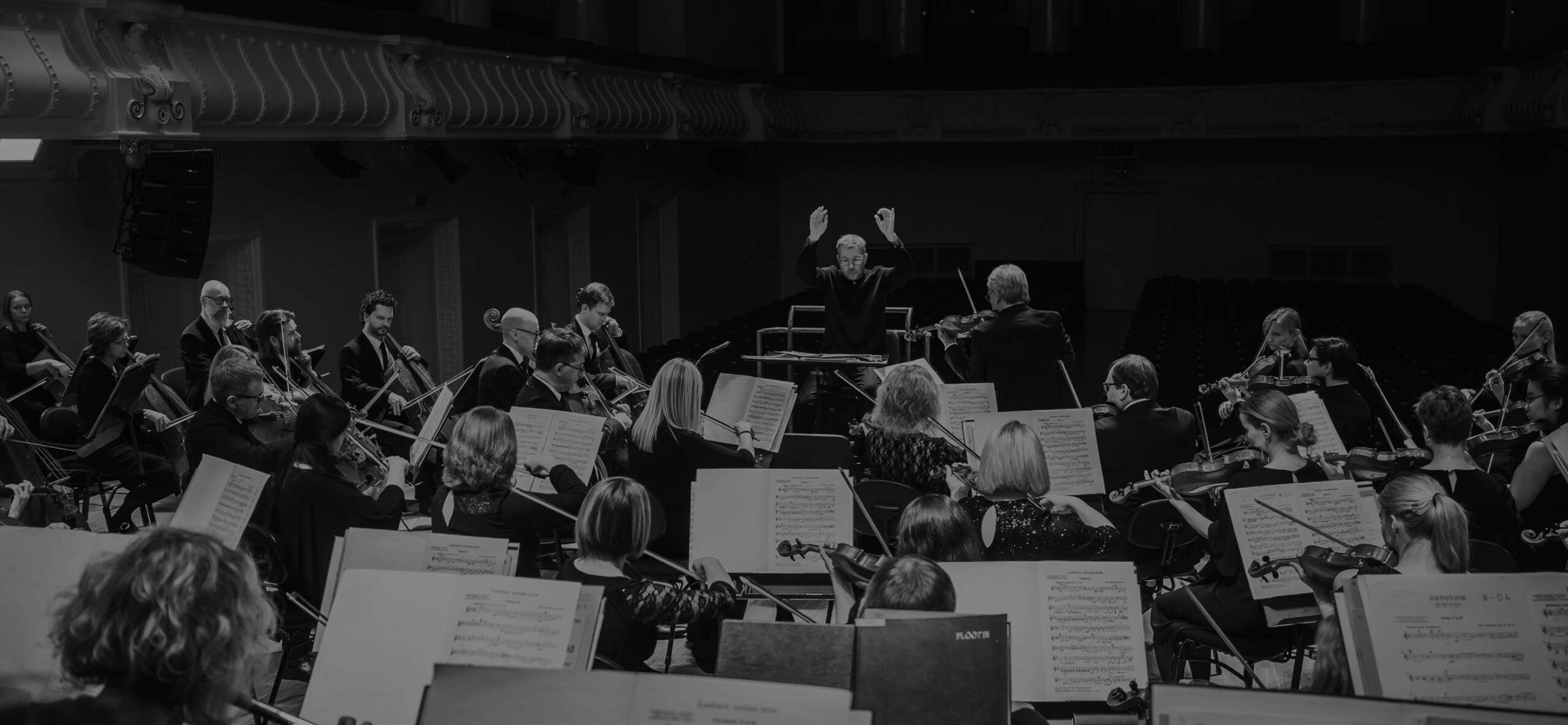
Orkestrist
Eesti Riiklik Sümfooniaorkester (ERSO) on elav ja mitmekülgne orkester, kes püüdleb alati tipptaseme poole. Eesti vanima ja mainekaima regulaarselt tegutseva sümfooniaorkestri kontserdid toimuvad Estonia kontserdisaalis ning osad sündmused on korraldatud koostöös sihtasutusega Eesti Kontsert. ERSO ajalugu ulatub aastasse 1926 ning sarnaselt paljude omataolistega maailmas on seotud rahvusliku ringhäälingu sünni ja arenguga. Alates 2020 on enam kui 100-liikmelise orkestri peadirigent ja kunstiline juht Olari Elts.
Loe edasiUudised
Majestic Dvořák No.7 from Estonian Orchestra
Norman Stinchcombe, Midlands Classical Music Making For most British classical enthusiasts the music of Estonia is synonymous with two [...]
ERSO Concert Series 2022/2023
In the 2022/2023 season, the Estonian National Symphony Orchestra (ERSO) and Olari Elts, principal conductor of the orchestra, will [...]
ERSO Concert Series 2021/2022
In the 2021/2022 season, Estonian National Symphony Orchestra presents seven concert series – SONG OF THE EARTH, AUDIO SPA, [...]
Young Artists To Watch: Theodor Sink – You cannot get rich by working
Interview with Estonian cellist Theodor Sink, the Principal Cello of the Estonian National Symphony Orchestra. He was chosen the [...]
ERSO performance of latest Steve Reich music a success
American minimalist composer Steve Reich's "Music for Ensemble and Orchestra" (2018) had its maiden performance in Estonia, played by [...]
The Estonian National Symphony Orchestra introduces a “virtual concert hall”
The Estonian National Symphony Orchestra and its new chief conductor and artistic director, Olari Elts, will begin its 94th [...]

 EST
EST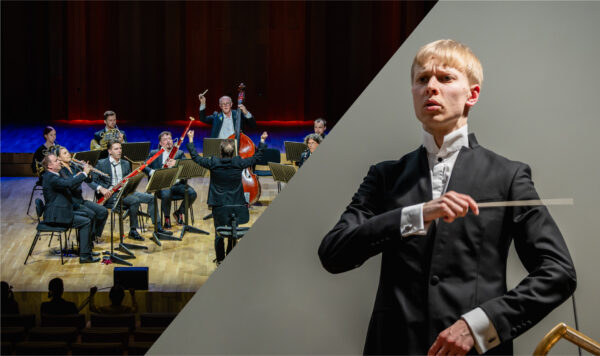 "
" 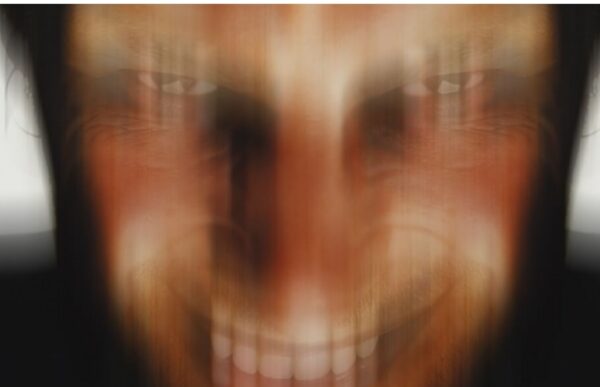 "
" 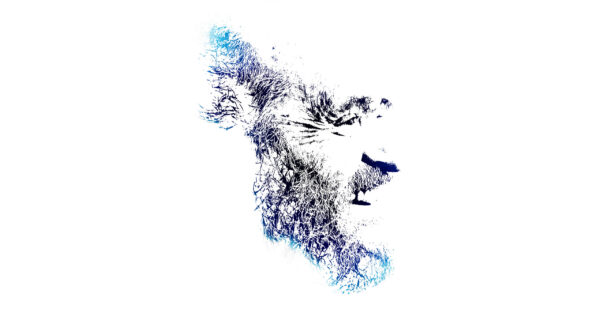 "
" 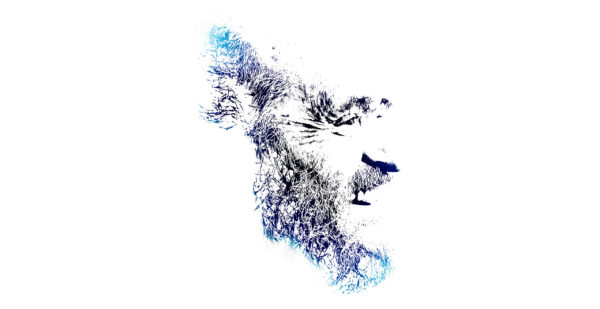 "
" 
